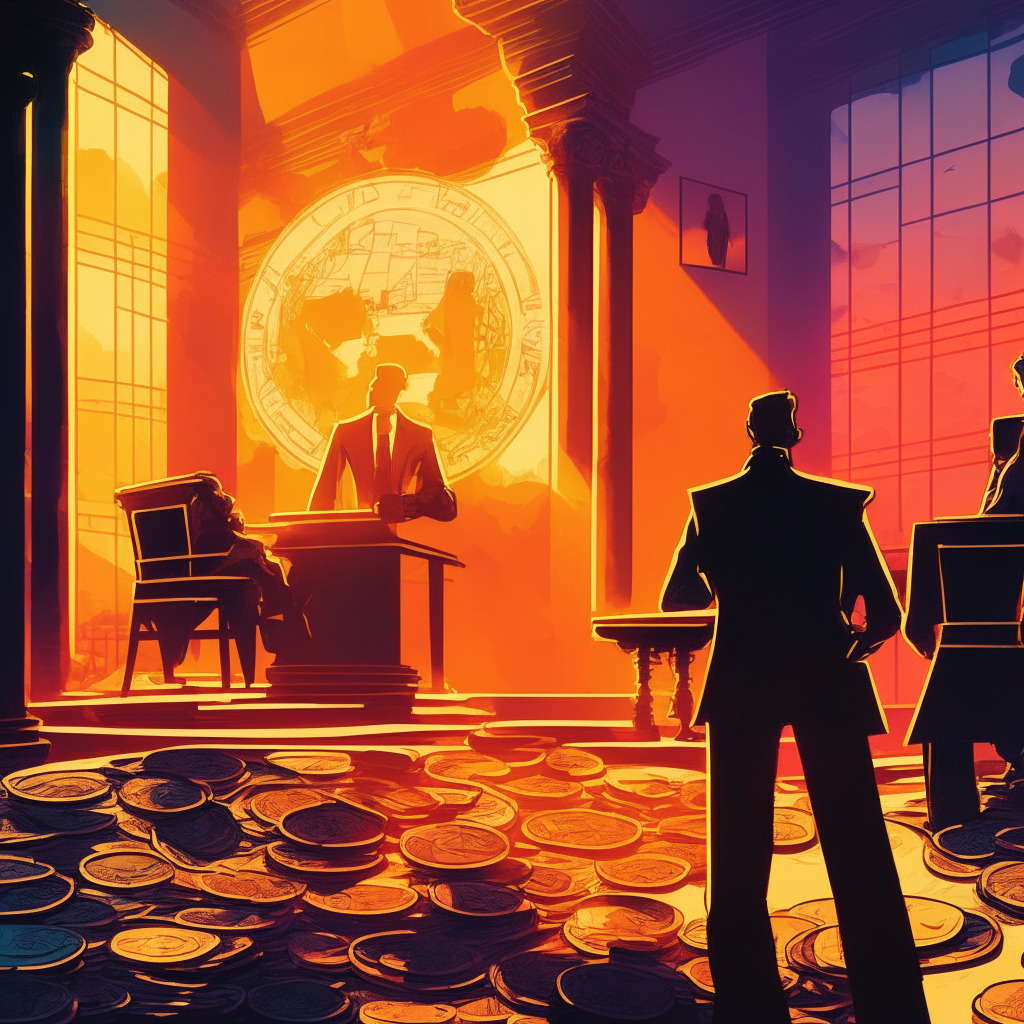In an unexpected turn of events, Ripple Labs secured a significant victory in the United States district court in the southern New York district on July 13. Judge Analisa Torres ruled in favor of the company in its case against the SEC, which dates back to 2020. What sets this case apart is the interesting ruling: Ripple’s token, XRP, is not a security.
The case brought forth by the SEC intended to force Ripple to halt offering its XRP token, arguing it under the premise that XRP was a security and, consequently, required additional regulation. These added regulations could have led to drastic changes in the way XRP is traded, and potentially, its value could have been affected. However, Judge Torres sided with Ripple, granting summary judgement in their favor.
But the victory doesn’t mean it’s all smooth sailing from here for Ripple. While this ruling sets an important and potentially precedent-setting distinction for XRP, and Ripple Labs can breathe a sigh of relief, it doesn’t necessarily mean that all other cryptocurrencies can escape the securities label so easily. Other cryptocurrency projects may not have the resources to launch such a substantial legal battle against institutions like the SEC, potentially stifling innovation before it has a chance to prove itself. This type of market skepticism can discourage potentially transformative projects from being fully realized, ultimately impeding the growth of the cryptocurrency sector itself.
On the flip side, if the SEC had prevailed in this case, it could have set an equally dangerous precedent. Other cryptocurrencies could have found themselves in a similar situation, facing lawsuits challenging their classification as securities, leading to the stifling of innovation in the crypto market and potentially harming the industry overall.
Regardless of what side you take in this argument, the future of the cryptocurrency market looks undeniably interesting. As regulations evolve, and new rulings are made, it appears that the cryptosphere is posed for an exciting period of growth, and perhaps, some surprising turns. And although we’re all aware that this no-holds-barred attitude is intrinsically part of the cryptocurrency appeal, it can still create an atmosphere of considerable uncertainty for both investors and the market, or always shine a spotlight on previously dimly lit areas.
Source: Cointelegraph




